- Learning time
- 10 minutes
- First play time
- 15 minutes
Eggs of Ostrich
Designed by: Shimpei Sato
Eggs of Ostrich is a three (only three!) player game where you the players are collecting – ostrich eggs.
Each player lays out four sack cards in front of them, numbered 2, 3, 5 and 7. The number denotes how many eggs the sack in question can hold. You’re also given a set of claim cards with the same numbers, which you keep hidden – along with a Skip card. The egg deck is placed centrally, and over the course of ten rounds, the top egg card is turned over and the players bid (by placing a claim card face down) on a share of the eggs. All bids are revealed simultaneously, and players divide the spoils, putting their share in the matching sack: i.e., if you bid a 5 claim card, the eggs you gain must go into the 5 sack. You get your played claim card back after playing a subsequent one on the next round.
The catch is, if you ever place too many eggs in that sack by going over the number then the sack has split – you lose all the eggs, as well as the sack itself. And that’s where the skip card comes in – it’s a great tool for bailing out on a whole load of eggs and hoping your opponents will overload their sacks!
There is also an amber card – worth 4 points – that is only rewarded to one player who plays a skip – if more than one player does, nobody receives the amber.
After ten rounds scoring is totalled: a full sack scores its point value; anything less than a full sack scores half its point value (rounded down). Most points wins.
We love this game. At time of writing though it’s out of print and seems impossible to find, sadly.
The guru's verdict

-
Take That!
Take That!
Potentially high, though hard to predict.
-
Fidget Factor!
Fidget Factor!
Very low. It's a game played best fast and loose.
-
Brain Burn!
Brain Burn!
The rules are simple - the challenge is second-guessing what your opponents are thinking. You'll have a little bit of knowledge, as a claim card played in a previous round will still be visible.
-
Again Again!
Again Again!
The game is a little one-note, but it's so fast and silly you can't begrudge it that. Cards are random, and the winner will probably be the best at reading the table.


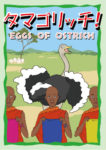
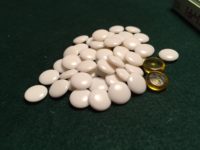
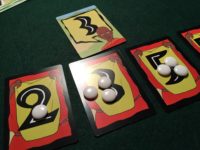
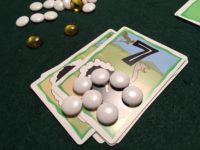
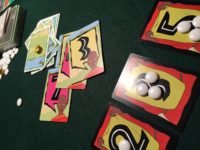


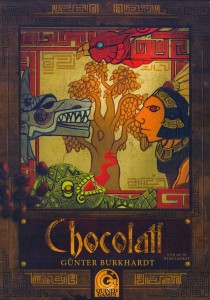
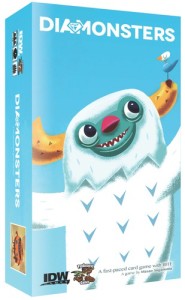
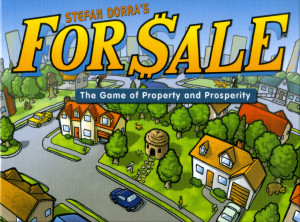
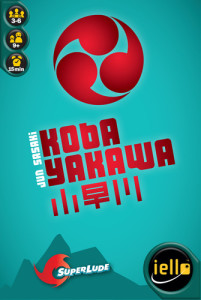
Sam says
A fun, if somewhat mad, game of blind-bidding and table-reading that takes fifteen minutes to play. A hidden gem - I really like it!